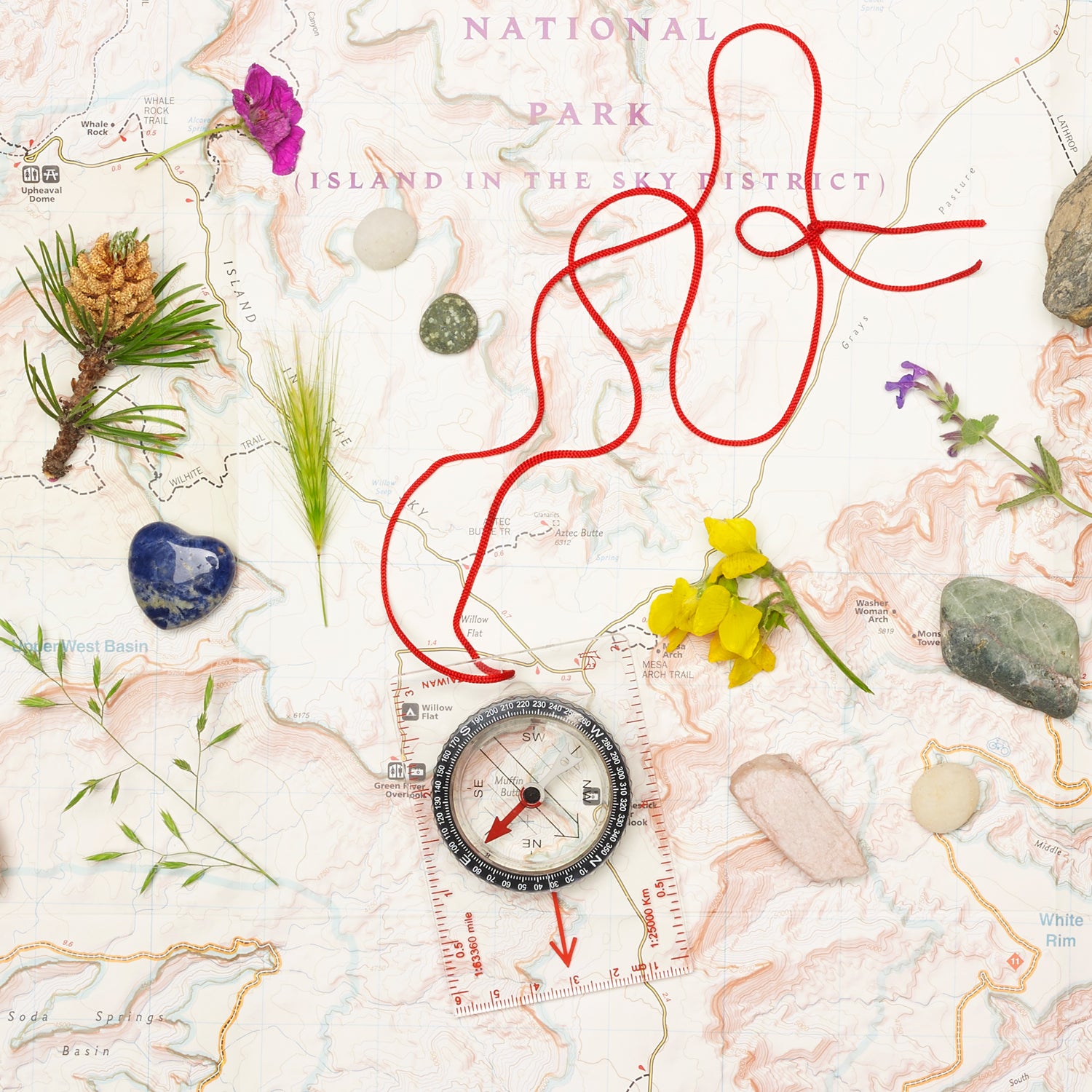Welcome to Tough Love. Every other week, we’re answering your questions about dating, breakups, and everything in between. Our advice giver is Blair Braverman, dogsled racer and author of . Have a question of your own? Write to us at toughlove@outsidemag.com.
Q: I love the outdoors and would like to take more trips with my partner, except I have a disability that results in a complete lack of depth perception and I’m self-conscious about slowing him down. I used to hike a lot in college, but somehow, the idea of hiking with him and being so dependent makes me feel vulnerable in a way that I haven’t been able to overcome. Do you have ideas about how we can ease into the outdoors without my emotional issues impinging on the experience, and can you suggest some outdoor activities that are physically and mentally challenging but don’t rely on perfect vision and depth perception?
—Slow and Steady
I hear you—it’s hard to be dependent. It’s even harder to be dependent on a romantic partner, especially if you’ve gotten through tough stuff on your own, because you’ve built up that vital power and don’t want to lose it. After all, you’re together because you want to be, not because you need to be.
Even better: you’re together because you choose to need each other. That’s another power: letting go. But first you have to build something to let go of.
So, before you hit the trail (or lake, or tundra) with your guy, I want you to hit the trail by yourself. You’re going to develop—or rekindle—your own relationship with nature.
We’ll start with hiking, because it’s something you’ve done before, although the point here is less about hiking and more about being. Go at whatever pace feels most comfortable and for whatever distance you want. Depending on your mood and ability, this might mean strolling three miles along a flat trail, or 20 miles over a mountain pass, or just sprawling on a boulder at the trailhead to nap in the sun. There is no right speed or right way to be in the outdoors, so I want you to let go of the idea of being slow. Seriously, release that concept to the ether. Poof! Wilderness can help remind us that our societal values are artificial, and one of those values is speed. In fact, the greatest outdoorsfolk are often the “slowest,” because they move at a pace congruent with their environment. If you set off into the woods and end up sitting by a creek for hours watching water skimmers, you haven’t missed the point. You’ve found it.
Yeah, we often associate the outdoors with exercise, because it’s fun to move our bodies outside. But that should be a choice, not a duty, and trail running is in no way a worthier or more honorable experience than, say, watching clouds. So, on your first solo excursion, try to have as little of an agenda as possible. Bring sunscreen, comfy clothes, plenty of water, and snacks that you really like. Splurge on fancy chocolate, Asian pears, whatever gives you pleasure. Part of the point of this trip is to connect with your senses, and Asian pears are delicious.
When you find a place outside that feels good to you, stop and explore it. Try to identify ten different smells, 20 different sounds. Get to know trees by the feel of their bark. As morning shifts into afternoon, notice how the air changes: the direction of the breeze, the chill of the sun behind a cloud. Close your eyes and feel your way around. Notice what you notice. Now open your eyes and notice what seems different. Close your eyes again. Eat a pear, listening. Vision is only one way to connect with your surroundings, and it’s not necessarily the richest. Sight, or lack thereof, is not what makes a person vulnerable in the outdoors.
You are far more powerful with your eyes closed, alert, than seeing without paying attention.
All of this should be fun, and possibly exhausting, even if you’re not moving your body much. Take time to feel proud of yourself. When you’ve gone out several times on your own and find yourself relaxing into the experience, feeling strong and curious and excited, you can move on to the next step with your partner.
There are so many things you can do together! But first, before you leave your comfort zone again, I want you to host him. Invite him to the place in nature that you’ve come to know. Tell him what you like about it. Show him what you’ve discovered. Give each other foot rubs, or watch birds, or search for edible plants. Then, after an hour or two, go home.
Now that you’re building your own connection to the outdoors and you’ve begun to share that with your partner, the two of you can start trying different activities together. There are a million things you can do, and many rely on senses and skills beyond vision. Try canoeing or tandem kayaking: your partner sits in back and steers while you both provide muscle power. If you have access to horses, you can outsource your depth perception and go trail riding. Or try cross-country skiing (on a groomed track), bouldering, fishing, lake swimming, etc. Look for beginner’s classes so you can both learn together. And don’t be shy about experimenting with gear: hiking poles are great for everyone, but for you they might be particularly helpful on uneven terrain.
You may be surprised by what ends up clicking for you. What about exploring in the evening, after dark, when vision becomes secondary for everyone? Or if you like hiking, you might love backpacking—like most deeper experiences, it relies less on the speed you travel and more on your knowledge and experience.
In the long run, if you work together, you and your beloved will come to trust and rely on each other in the outdoors. One of the things he can provide to your little team is keen vision, whereas the things you provide—well, those can be anything from fire starting to camp cooking to navigation. Remember, the point isn’t that you’re vulnerable to him. The point is that your strength is in each other.
Your turn—ask away at toughlove@outsidemag.com.


